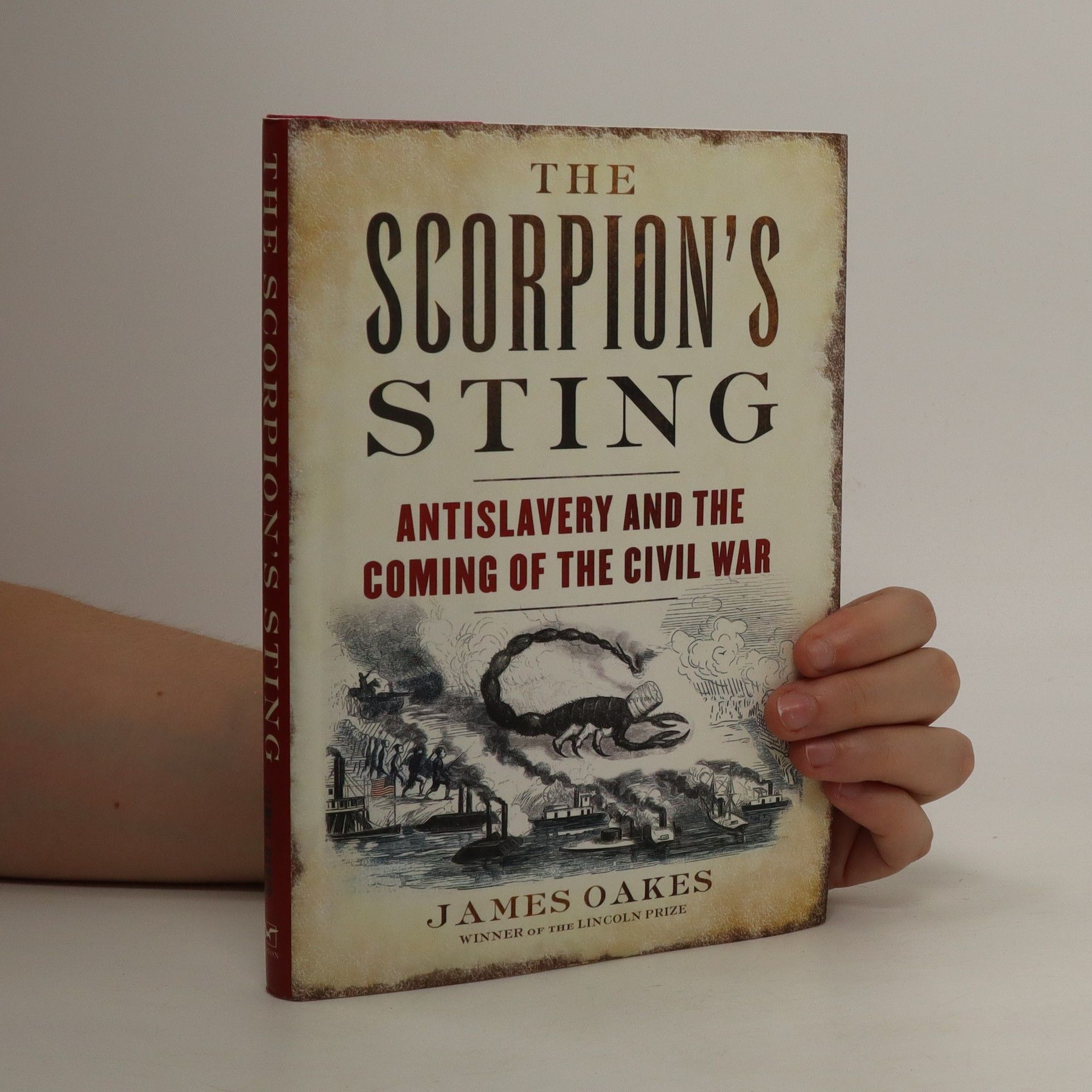The Scorpion's Sting: Antislavery and the Coming of the Civil War
- 207 pages
- 8 hours of reading
Explores the Civil War and the anti-slavery movement, specifically highlighting the plan to help abolish slavery by surrounding the slave states with territories of freedom and discusses the possibility of what could have been a more peaceful alternative to the war.

